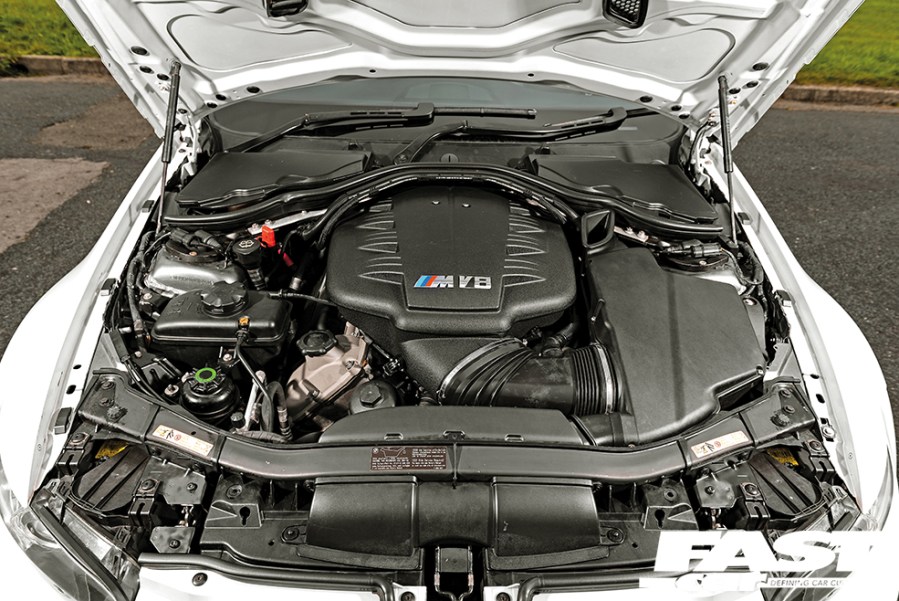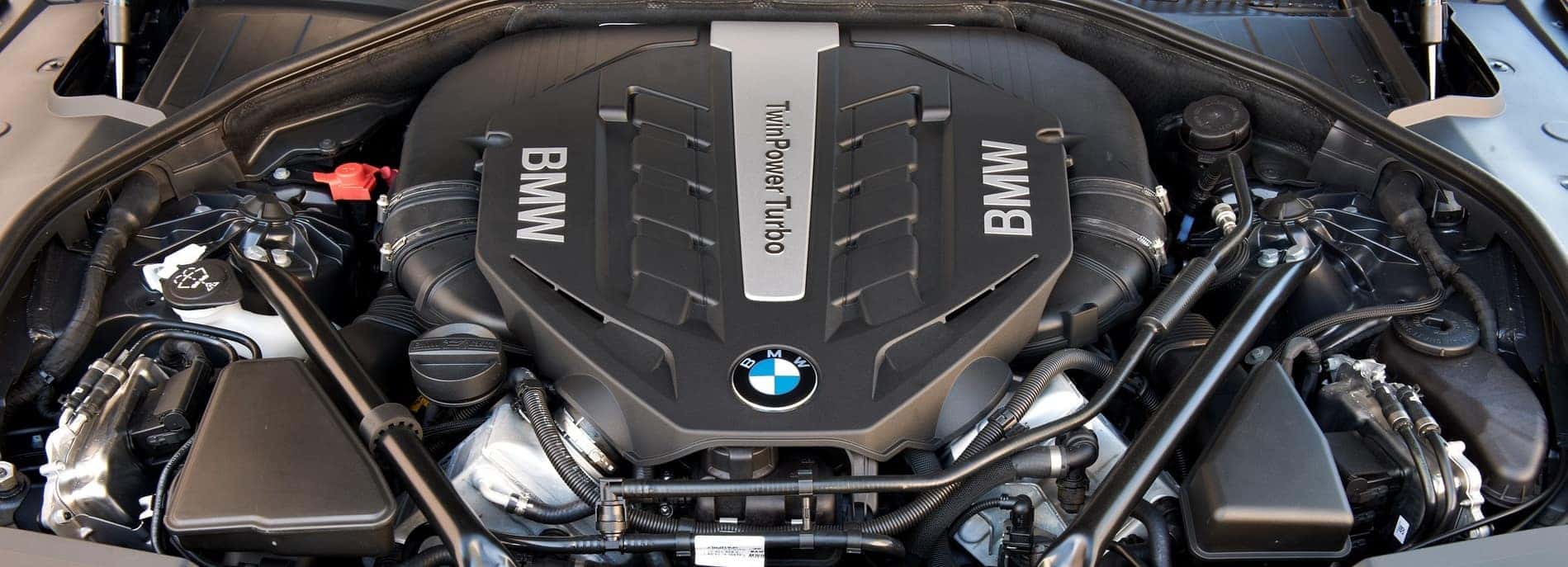Why the BMW Engine Is Taken Into Consideration Among the most effective in Deluxe Cars
Why the BMW Engine Is Taken Into Consideration Among the most effective in Deluxe Cars
Blog Article
Unveiling the Intricacies of Next-Generation Power Units: a Deep Dive Into Advanced Engine Technologies and layouts
As we stand on the precipice of a brand-new era in transport, the ins and outs of next-generation engine designs bid us to check out the advanced modern technologies and advancements that guarantee to redefine the driving experience. Delving much deeper into the worlds of emission control, smart engine management systems, and the perspective of power unit growth, we discover ourselves on the cusp of a makeover that guarantees to improve the landscape of mobility as we understand it.
Advancement of Engine Materials

The shift in the direction of advanced engine products has also allowed engineers to create engines with higher power outcomes while preserving gas performance criteria. The usage of lightweight materials decreases the overall weight of the engine, leading to improved fuel economy and lower emissions. Additionally, developments in materials innovation have actually enabled for much better thermal administration within engines, leading to enhanced dependability and durability.
Turbocharging and Supercharging Technologies
Exactly How do Turbocharging and Supercharging Technologies transform engine performance and performance in modern automobiles? Turbo charging and turbocharging are modern technologies that substantially boost engine performance by increasing the quantity of air intake right into the combustion chamber. Turbocharging attains this by using a turbine driven by exhaust gases to pressurize the consumption air, while supercharging makes use of a belt- or chain-driven compressor to accomplish the same impact.
These technologies make it possible for smaller, extra fuel-efficient engines to create power equivalent to bigger ones, called downsizing. Forcibly more air right into the cylinders, turbocharging and supercharging improve burning effectiveness, leading to raised horsepower and torque result without a significant rise in engine size. This causes better velocity, towing capability, and total driving performance.
Additionally, turbocharging and supercharging contribute to enhanced gas effectiveness by permitting the use of smaller engines that eat less fuel under regular driving conditions - bmw engine. This combination of boosted performance and effectiveness has actually made turbocharging and supercharging essential parts of many contemporary engine layouts
Emission Control and Environmental Effect
With boosting global concerns relating to air top quality and ecological sustainability, the implementation of emission control innovations in automobiles plays an essential function in lowering harmful pollutants released into the atmosphere. Modern cars are furnished with advanced discharge control systems that aid decrease the ecological influence of automotive operations. Catalytic converters, for example, are developed to convert hazardous gases such as carbon monoxide gas, nitrogen oxides, and hydrocarbons right into less dangerous substances like carbon dioxide and water vapor.
Furthermore, developments in engine innovation, such as the combination of exhaust gas recirculation systems and selective catalytic reduction, have significantly added to decreasing exhausts. These modern technologies operate in tandem to enhance combustion efficiency and minimize the release of harmful pollutants right into the air. In addition, the growth of crossbreed and electrical lorries represents view it an important action in the direction of minimizing the general ecological footprint of the transportation market.
Intelligent Engine Monitoring Equipment

In addition, these systems make it possible for automobiles to meet stringent exhausts requirements without compromising efficiency, offering an extra eco-friendly driving experience. The assimilation of expert system and artificial intelligence abilities in engine management systems proceeds to push the limits of what is possible, leading to additional enhancements in efficiency, dependability, and total automobile efficiency. bmw engine. As automobile modern technology advancements, smart engine management systems will play a crucial function fit the future of transportation towards a much more effective and lasting direction
Future Trends in Power System Development
As intelligent engine monitoring systems pave the method for boosted control and optimization in modern cars, future fads in power device development are poised to redefine the landscape of automobile propulsion modern technologies. These alternative power sources supply improved efficiency and performance while lining up with strict environmental regulations.
An additional substantial pattern is the combination of advanced materials and making strategies. Lightweight materials such as carbon fiber and light weight aluminum are being made use of to minimize overall vehicle weight, boosting gas effectiveness and performance. Additionally, improvements in 3D printing and additive manufacturing are enabling the manufacturing of complicated engine parts with higher precision and toughness.
In addition, fabricated intelligence and machine understanding are playing a vital function in maximizing power system performance. These modern technologies enable real-time surveillance and adaptive control, leading to a lot more trustworthy and efficient power distribution. In general, future fads in power system development are tailored towards performance, sustainability, and effectiveness, driving the automobile industry in the direction of a new era of propulsion modern technologies.

Conclusion
Finally, the innovations in engine products, turbocharging, emission control, and smart management systems have led the means for next-generation power systems. These developments have not just better efficiency and effectiveness but additionally lowered ecological effect. As technology continues to evolve, future patterns in power additional reading device advancement are most likely to concentrate on additional enhancing sustainability and enhancing power result. The elaborate layouts and advancements in modern engines display the reference recurring development of auto technology.
Checking out the dynamic advancements in engine materials has been critical in boosting the efficiency and efficiency of contemporary engines. Over the years, the advancement of engine products has actually played an important role in pushing the borders of what engines can accomplish.The change towards advanced engine materials has actually likewise enabled engineers to design engines with greater power outcomes while keeping gas effectiveness criteria.The execution of smart engine administration systems in contemporary cars has transformed the way engines are controlled and optimized for efficiency and performance. By accumulating data in real-time and examining it with advanced algorithms, intelligent engine management systems can adjust to driving designs, environmental elements, and engine health to make best use of power outcome while reducing fuel intake and exhausts.
Report this page